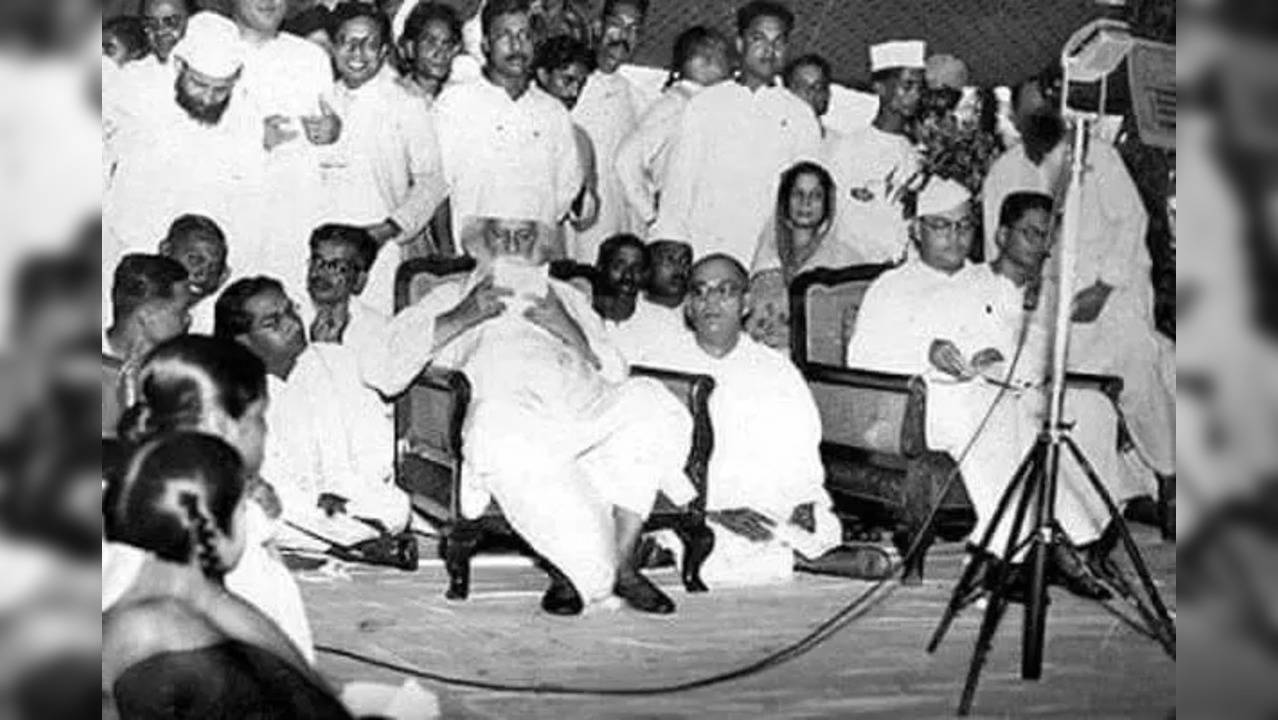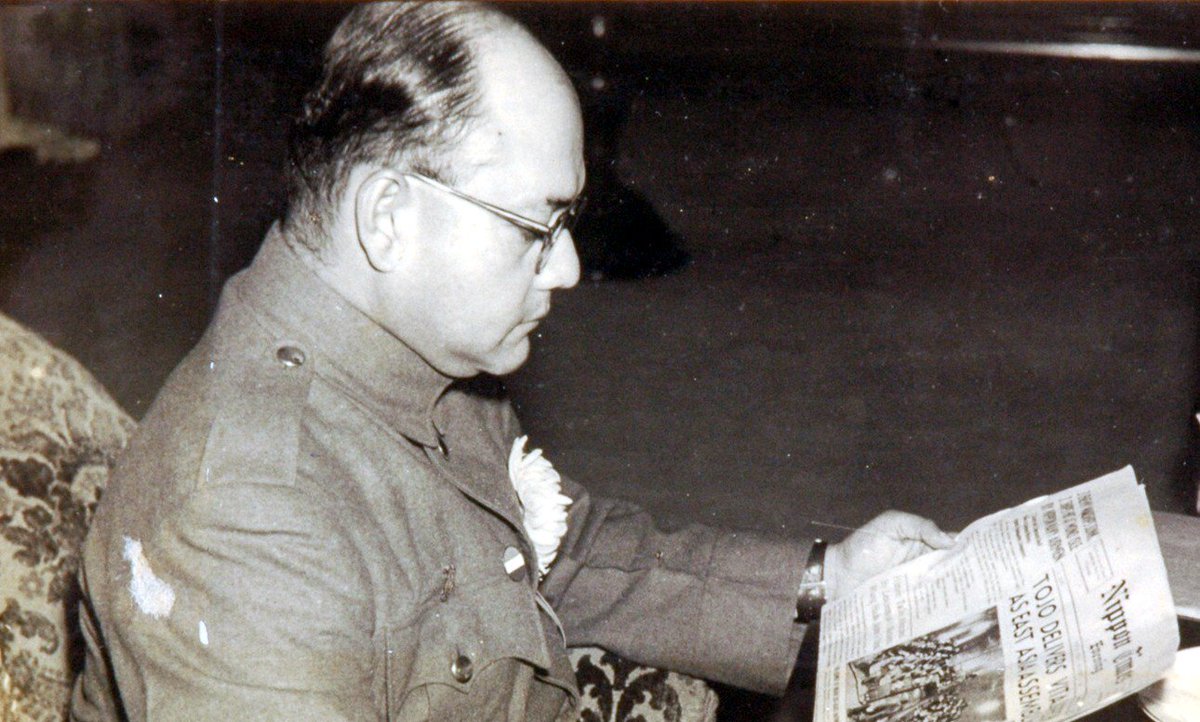23rd of January is observed as a Parakram Din, on the occasion of the birth anniversary of Subhash Chandra Bose. The fiery freedom fighter was born on this day in 1897. On the occasion of the 126th birth anniversary of the late Indian leader, let us have a look at a few little-known facts about Bose –
-
AIR 4 in the Civil Service Examination!

Subhash Chandra Bose as a student. Credits – WikiMedia Commons
Subash Babu appeared for the Civil Service Examination and secured an impressive rank of 4 amongst the total students. However, he did not accept the service as he refused to serve the British.
Throughout his life, Subash Chandra Bose had been an exceptional student. After completing his schooling, Bose pursued his graduation in Philosophy from the Scottish Church College, which he completed with first class.
-
Jailed 11 times!
Right since his early days, Bose had been involved in radical activities with the youth wing of the Indian National Congress. Besides having issues with the British, the ideology of Bose did not sit well with several Congress bosses, including Gandhi.
Given his proactive approach against the British, Bose was jailed over 11 times by the British.
-
Bose and Tagore: A friendship of two contrasting minds

Tagore and Bose. Credits – Times Now.
The two Bengal icons were poles apart as far as their ideology was concerned. Although they both agreed on a few principles, there were several differing opinions, like art.
Bose believed that art should reach the poorest of the man in society. He also felt that the consumption and appreciation of art had an elitist flavour to them.
“When art reaches its pinnacle, that is the high point of the aesthetic of the creator. It is unfair to assume that everyone will appreciate that. If the forces of appeasing every individual are mandated on the creator, then it will spell disaster.” said Tagore about art.
-
A Progressive Feminist Leader
It is a well-known fact that Bose wanted to base the foundations of INA on the principles of equality, but this equality went beyond the realms of communities. Bose wanted women to fight shoulder-to-shoulder with the men of the country.
In Singapore, he asked for a “unit of brave Indian women to form a ‘Death-defying Regiment’ who will wield the sword, which the brave Rani of Jhansi wielded in India’s First War of Independence in 1857.”
-
A man of mixed ideologies.

Credits – Anuj Dhar/Twitter
Bose’s idea of a nation was based on the values of a classless society and state socialism. Several pieces of the literature suggest that Bose’s socialism was more in sync with Marxist values than Gandhi’s. However, Bose was a deeply religious person, he firmly believed in the concept of a nation and said that he drew a great deal of inspiration from Bhagavad Gita.



















































































